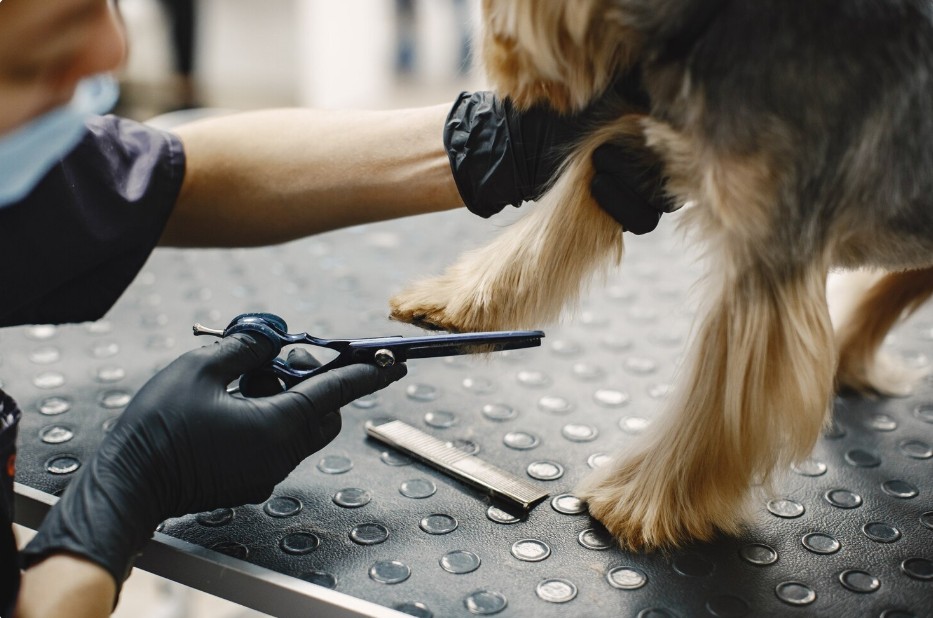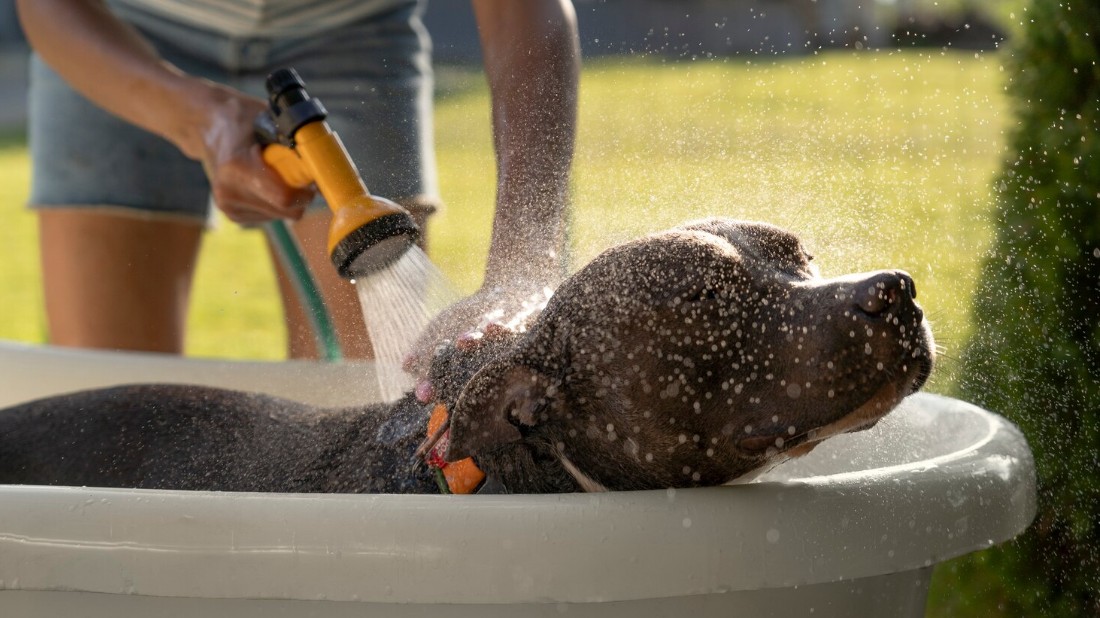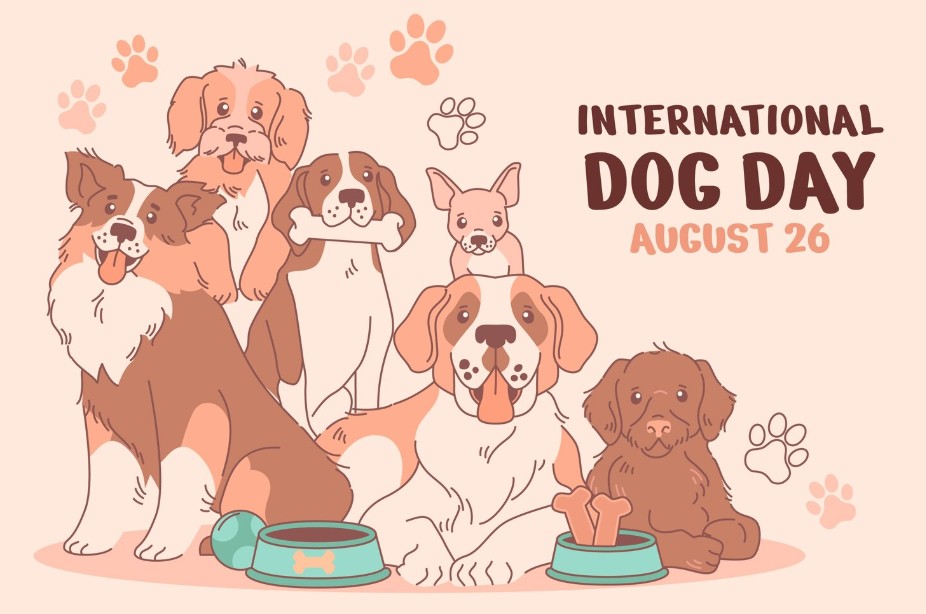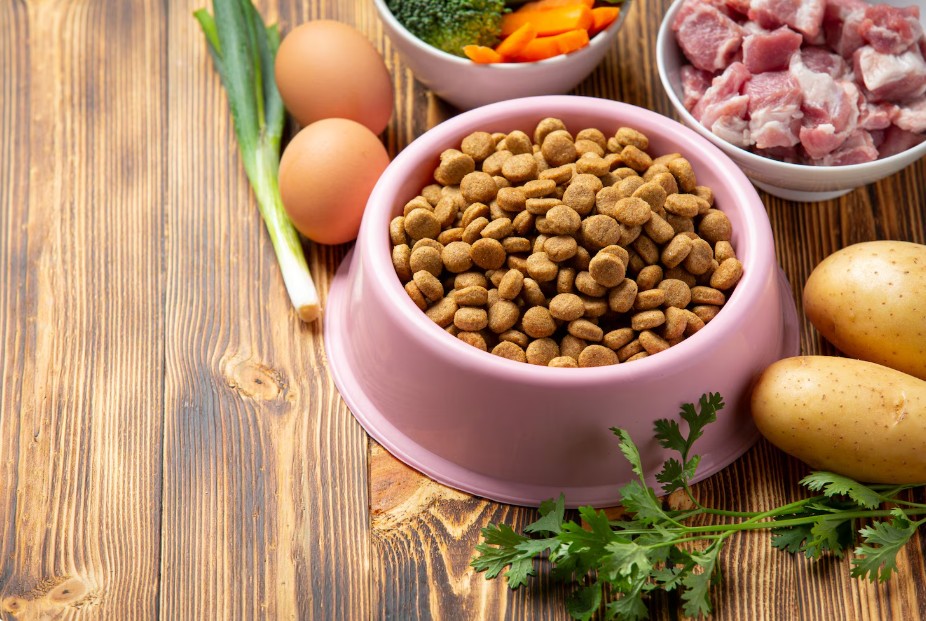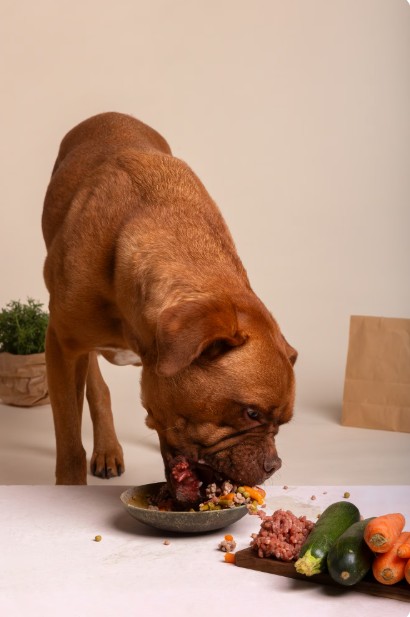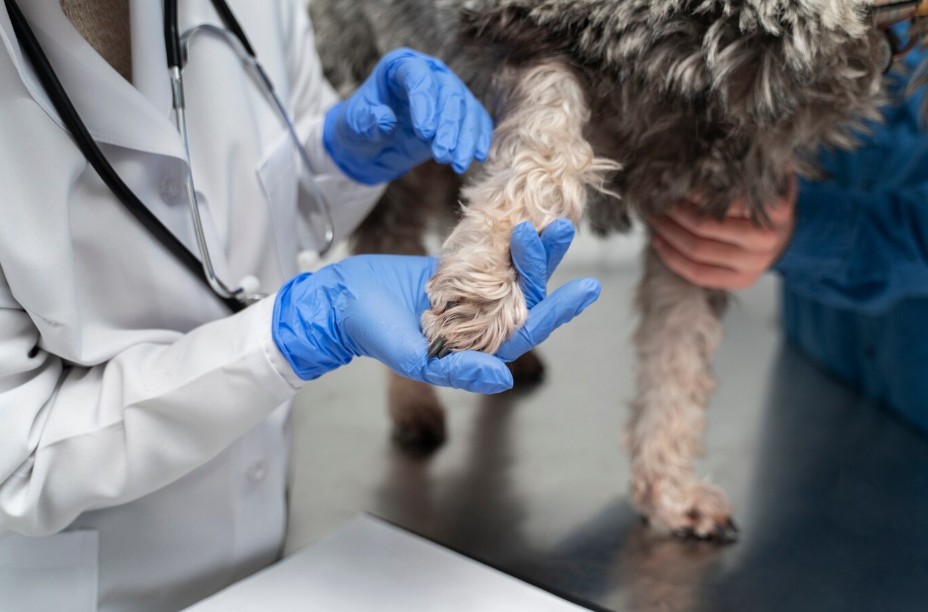Known for their boundless energy, Dutch Shepherds are incredibly intelligent, and loyal, making them exceptional companions. As pet parents, you want to ensure the overall well-being of your dog. However, one important thing that is usually overlooked is keeping them hydrated at all times. You need to ensure that your Dutch Shepherd has access to fresh, clean water. You can also provide them with bone broth water to encourage drinking. In this blog post, we will delve into understanding the importance of hydration for Dutch Shepherds, and signs of dehydration. Learn more about it below.
Why Hydration Is Important for Dutch Shepherds
For efficient bodily function, sufficient water intake is crucial. It helps your canine companions to regulate their body temperature, absorb nutrients, eliminate toxins, and improve digestion. Insufficient water intake will hinder vital systems functioning, resulting in fatigue, and decreased performance. In severe cases of acute dehydration, it can even lead to life-threatening conditions like kidney failure.
Dutch Shepherds are really active and love enjoying rigorous activities like agility training, interactive games, and herding. Their high-level physical activity increases the need for water as panting, and exertion will dehydrate them. Consider providing them with water even during moderate activities.
Signs that Your Dutch Shepherd is Dehydrated
- Lethargy or Fatigue: You may notice that your Dutch Shepherd who typically stays energetic, looks sluggish and tired.
- Sunken Eyes: Dull or sunken eyes are a sign that your dog lacks hydration.
- Dry Nose or Gums: A dehydrated Dutch Shepherd typically has a dry nose and gums. When you touch it, you may find it sticky rather than moist.
- Excessive Panting: Check if your dog is panting excessively even without any physical exertion as this can indicate dehydration.
- Loss of Skin Elasticity: Pinch the skin gently between your dog’s shoulder blades. If it doesn’t get back into place quickly, your dog is dehydrated.
Daily Water Requirements
Different factors determine the daily water requirement of Dutch Shepherds like age, activity level, weight, and climate. The general rule says that dogs need nearly one ounce of water per pound of body weight daily. For example, if your Dutch Shepherd weighs 70 pounds, they must drink at least 70 ounces of water daily. They may need even more in a hot and humid climate or have just finished off vigorous exercise.
Other Important Links-
https://www.justiceforleia.com/blog/food-and-nutrition-tips-for-a-healthy-dutch-shepherd/
How to Keep Your Dutch Shepherd Hydrated
Here are some effective tips to ensure that your dog is well-hydrated:
1. Fresh Water: This may sound like the most basic but it is sometimes that’s overlooked. No matter where you take your dog, ensure that they have access to fresh, clean water. Change the water and clean their bowl regularly to prevent bacteria buildup.
2. Promote Drinking: Some dogs may not like drinking water much. You can offer them naturally flavored water like mixing low-sodium beef or chicken broth. It will enhance the taste and encourage them to drink more water.
3. Portable Water Bottle: If you love traveling with your dogs, make sure to always carry a collapsible bowl or portable dog water bottle. Provide them with water frequently, especially during intense activities.
4. Include Foods Rich in Water: You can incorporate wet food or water-rich food options like cucumber, watermelons (seedless), and carrots to ensure they are hydrated.
5. Monitor Activity Levels: Pay attention to your Dutch Shepherd’s activity, especially during hotter months. Exercises that drain them physically can cause acute dehydration. Make sure to take frequent water breaks to maintain hydration.
6. Invest in a Pet Fountain: Dogs love running water so investing in a pet water fountain will encourage them to drink more water.
Consider Different Life Stages
Not all Dutch Shepherds have the same water requirements. Here's what you should consider:
- Puppies: Young Dutch Shepherds have high energy levels and small bladders. They need frequent access to water but don’t let them overdrink as it can lead to bloating or accidents.
- Seniors: Older dogs have less water requirements because of reduced physical activity or health issues.
- Pregnant or Nursing Dogs: These dogs need more water during this stage to meet their increased physiological needs.
Proper hydration is crucial for the health, and happiness of Dutch Shepherds. Remember, a well-hydrated dog is a thriving dog.

